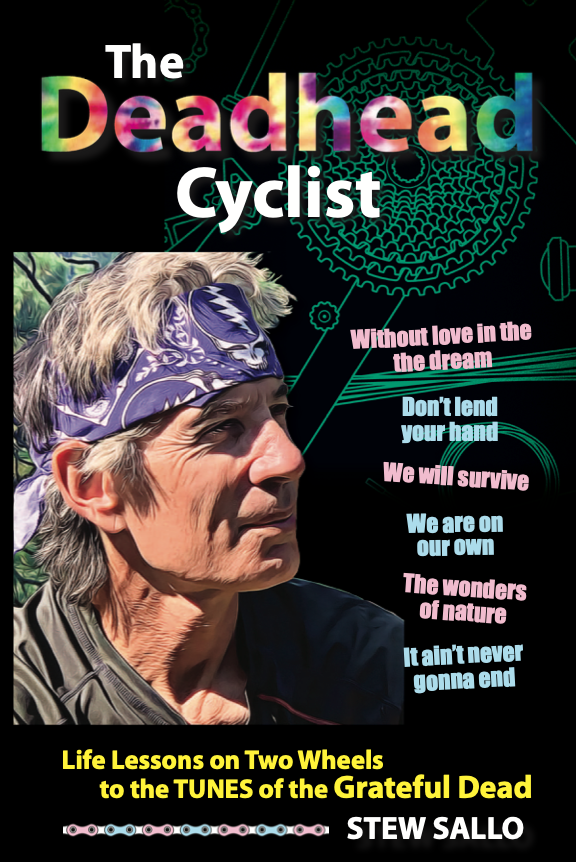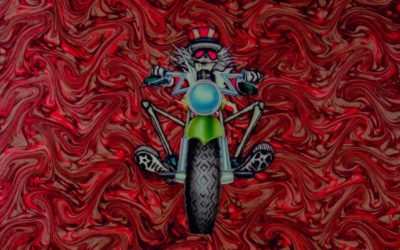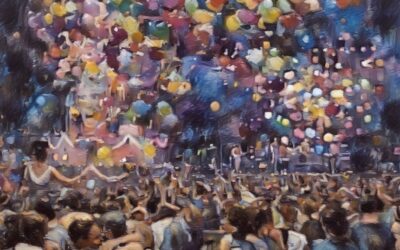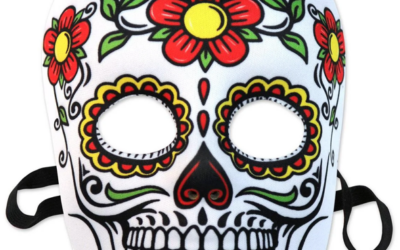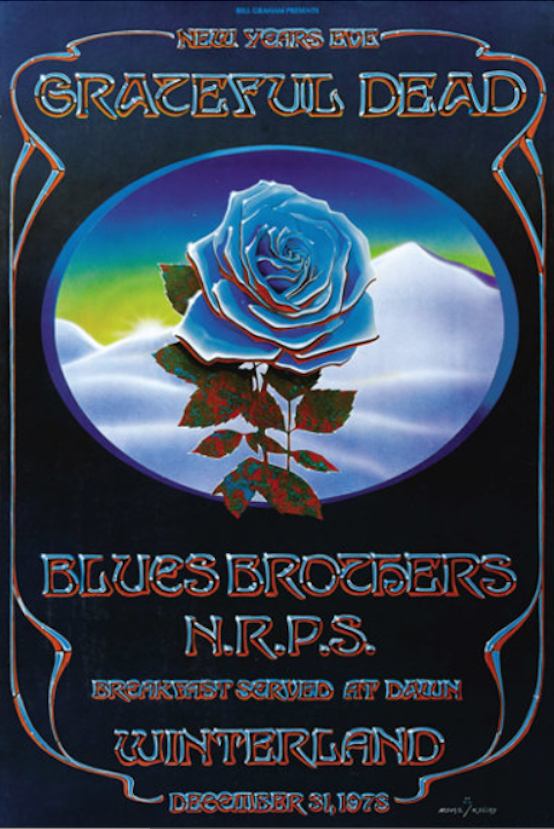Life lessons on two wheels to the tunes of the
Grateful Dead
Deadaphors of the Greatful Dead
Got my chips cashed in
Truckin’ is perhaps the best known song in the entire Grateful Dead repertoire. Indeed, only Touch of Grey ever climbed to a higher position on the Billboard “Hot 100” chart (Touch of Grey reached #6; Truckin’ topped out at #64 in December, 1971). As with all Grateful Dead tunes, the deeper meaning of the lyrics is found in the metaphors – I call them “Deadaphors” – and Truckin’ is overflowing with “Deadaphoric” references that beg for deeper exploration.
Upcoming Weeks
I wish I was a headlight
I don’t believe in aging. But before you misidentify me as a wingnut, “chronology change denier,” allow me to define the term “aging.” Within the context of aging as a biological fact, there is no “belief” involved. We all age and eventually die. That is an undeniable fact. However, there is more to “aging” than that. So, let’s drill down a little deeper, shall we?
There’s nothing you can hold for very long
Although there is some ambiguity as to the exact number of concerts the Grateful Dead played over the course of their 30-year history, it is well accepted that the figure is north of 2300. Of those, less than one-percent took place at the stroke of midnight on December 31 (22 to be precise). Statistics aside, the band’s New Year’s shows were nothing less than the stuff of legend.
The Thin Line Beyond
Some Grateful Dead lyrics are easy to interpret. Perhaps the most classic example is from the song, Truckin’: “Sometimes the light’s all shining on me. Other times I can barely see.” It’s easy to identify with the universal human experience of going through times in our lives when everything is working, the path ahead clearly lit, followed by periods of confusion or frustration, the future dark and obscured. Simple. Straightforward.
This Week in Grateful Dead History
Week 1
The storyteller makes no choice, soon you will not hear his voice; his job is to shed light and not to master.
It is often said that all good things must come to an end. But what is equally true – and far more promising – is that every ending offers the potential for a beginning. In that spirit, this literary trip around the sun begins at the end: the end of a year, the end of a beloved venue, the end of an era.
Upcoming Weeks
I wish I was a headlight
I don’t believe in aging. But before you misidentify me as a wingnut, “chronology change denier,” allow me to define the term “aging.” Within the context of aging as a biological fact, there is no “belief” involved. We all age and eventually die. That is an undeniable fact. However, there is more to “aging” than that. So, let’s drill down a little deeper, shall we?
There’s nothing you can hold for very long
Although there is some ambiguity as to the exact number of concerts the Grateful Dead played over the course of their 30-year history, it is well accepted that the figure is north of 2300. Of those, less than one-percent took place at the stroke of midnight on December 31 (22 to be precise). Statistics aside, the band’s New Year’s shows were nothing less than the stuff of legend.
The Thin Line Beyond
Some Grateful Dead lyrics are easy to interpret. Perhaps the most classic example is from the song, Truckin’: “Sometimes the light’s all shining on me. Other times I can barely see.” It’s easy to identify with the universal human experience of going through times in our lives when everything is working, the path ahead clearly lit, followed by periods of confusion or frustration, the future dark and obscured. Simple. Straightforward.
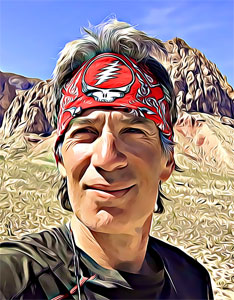
All Material Copyright 2020-24 by Stewart Sallo
